Why does artificial turf melt
The reason artificial turf melts is due to the reflection from high performance insulated low E windows.
There are several types of windows that have Low E coatings, but only a select few have the ability to reflect enough energy to cause high-temperature reflection.
What are Low-E windows?
Low-E are low emissivity windows (Emissivity is the measure of an object’s ability to emit infrared energy. Emitted energy indicates the temperature of the object.) these types of windows are designed to reflect infrared energy keeping the home or indoor temperature comfortable and balanced.
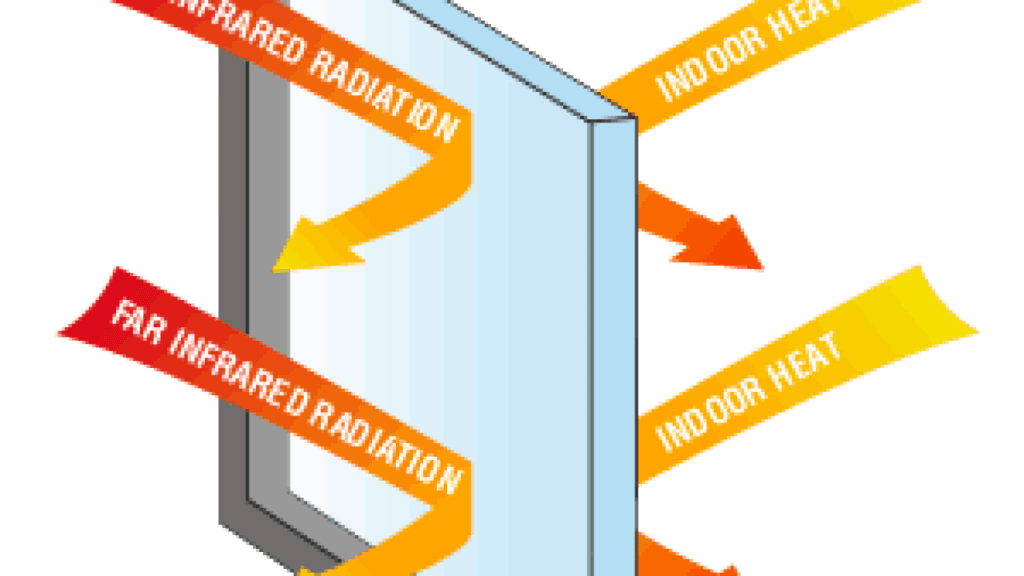
What is visible light?
Visible light is the light that brightens our day; visible light is non-harmful and doesn’t contribute to the problem at hand. This is why some windows, and window and low- E combinations don’t cause melting or burning.
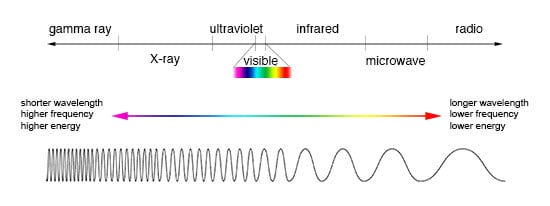
What is ultraviolet light?
Ultraviolet light is the type of light that spans throughout the visible light spectrum, within the ranges of 300 to 380 nm. This form of light causes skin damage, fades furniture, and flooring, but light visible light does not reflect enough energy off of the windows to cause artificial turf or polyester materials to melt.
What is infrared light?
Infrared light is the type of light throughout the light spectrum that is associated with heat. This form of light is often associated with radiant heat. This form of light is the primary cause of high-performance windows reflections causing damage to artificial turf, siding, and really anything polyester base to burn/melt.
How can you prevent artificial turf from melting?
Use Turf Shield Window film; Turf Shield window film is a perforated window film that comes in 3 variations:
- Clear
- White exterior /black adhesive
- Black exterior/black adhesive
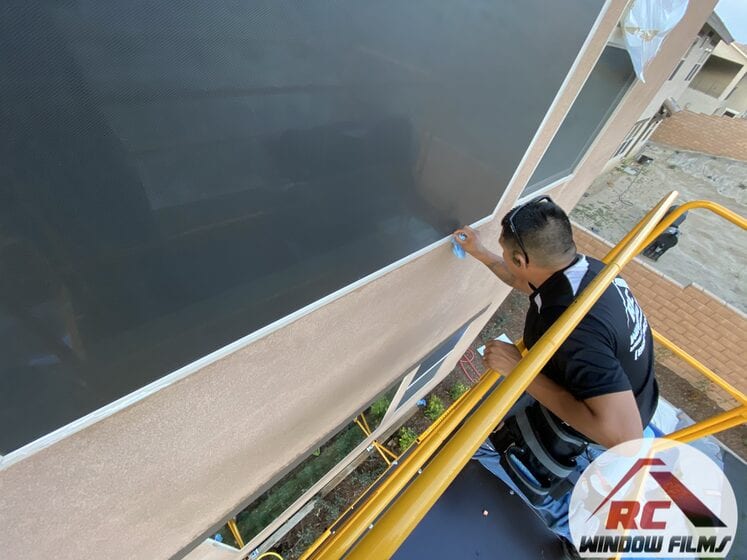
Like anything in life, there are pros and cons to this solution:
Pros:
- White & Black options allow occupants to see clearly out while eliminating reflection, ultimately solving melting and burning problems.
- Cuts down glare
- Creates privacy
- Safe on any glass type
- 3-year warranty
- Aesthetically appealing
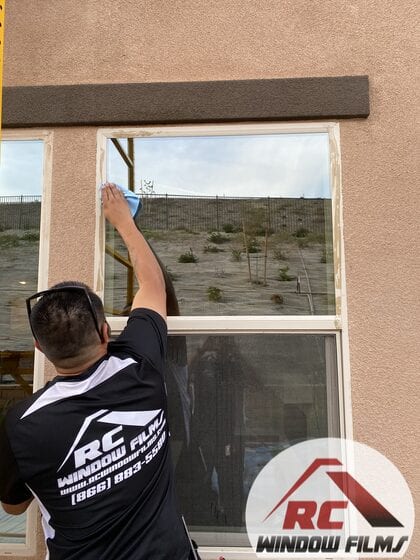
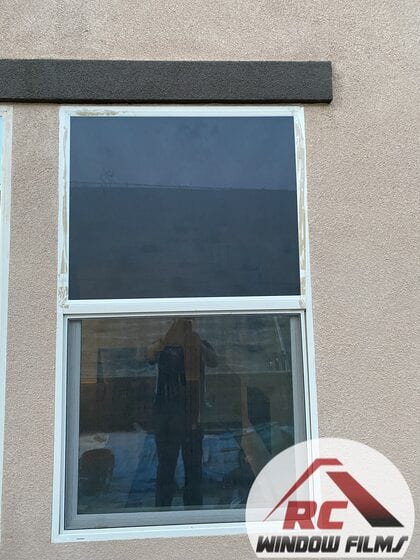
Cons:
- The clear option is blurry and can difficult to see through.
- The film can be expensive, clear is often the least expensive option.
Ways to stop turf/siding/patio furniture from melting
- Have solar screens installed
- Replace your windows
- Buy better turf ( Polypropylene base material has a higher melting point unlike, polyester turf material)
What type of windows causes turf to melt?
There are several types of glass and low-E combinations, but only a select few cause artificial turf to melt.
Types that cause Melting or burning:
- Insulated Triple Silver Soft coat low-E coated panels on surface two units contribute the most to melting and burning turf, patio furniture, siding, and more.
- Insulated Double Silver Soft coat low-E coated panels on surface two units also contribute to melting and burning turf, patio furniture, siding, and more. However, this type is less severe, and the damage can be gradual rather than immediate.
What type of window coatings might homes have?
- Clear insulated glass
- Single Silver hard-coat Low-E
- Single Silver soft-coat Low-E
- Double Silver soft-coat Low-E
- Triple Silver soft-coat Low-E
Types of window coatings cause artificial turf or grass to melt?
- Double Silver soft-coat Low-E
- Triple Silver soft-coat Low-E
What’s the best way to find out if my glass will melt turf or siding?
The best way to find out if your glass coating is capable of melting turf, siding, patio furniture, or even organic matter is to know what type of glass you have.
Try the following:
- Contact the builder and ask if they know what type of glass you have, making sure to ask if a low-E coating is present and what type it is: single, double, or triple silver?
- Contact a glass company or window film company and have them meter the glass.
- Buy a meter: Click here.

